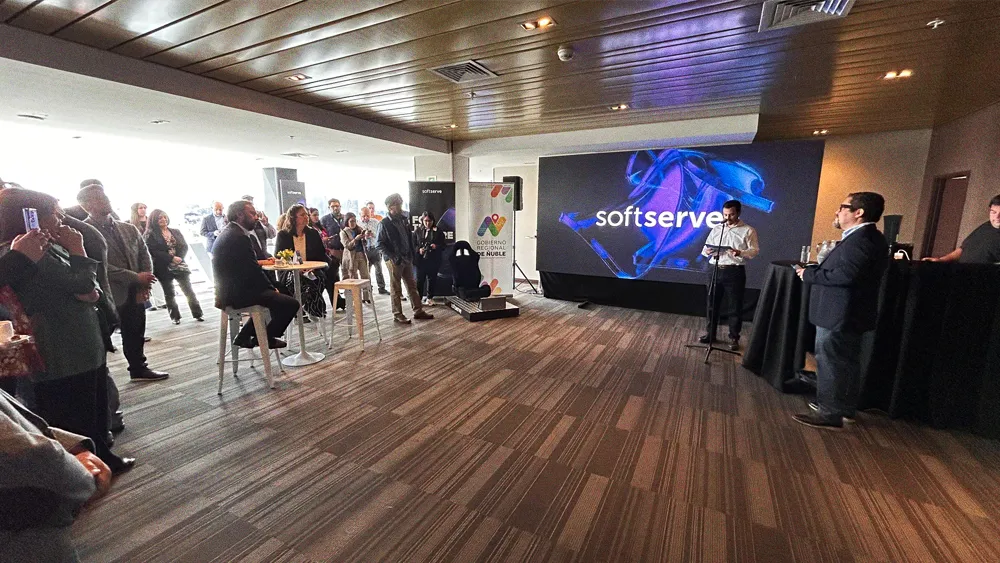As AI investment surges, tech skills shortage threatens gains: Harvey Nash Report

Key Points
Nash Squared/Harvey Nash ‘2025 Digital Leadership Report’ finds over half of tech leaders report a shortage of AI-ready tech talent, increasing AI skill demand by 82%.
Despite 90% of tech leaders investing in AI projects, over two-thirds see no real measurable returns.
More than half of companies are not upskilling their workforce in Generative AI, creating future risk of tech talent falling behind on AI aptitude.
Cybersecurity skills shortages have risen by 22% globally, driven by a spike in cyber-attacks.
With no set playbook in sight for how to invest in and reshape operations with AI, companies are taking an educated guess in AI-informed talent development.
Leading AI firms are expanding their tech teams, driving up demand for specialized AI and data expertise. A new report from Nash Squared/Harvey Nash now quantifies the upheaval as the most acute global tech skills shortage in over fifteen years.
AI skills chasm: The 2025 Digital Leadership Report shows AI has vaulted from the sixth most scarce technology skill to number one in only 18 months. Fifty-one percent of global technology leaders now report an AI skills shortage, an 82% jump from the prior report. This leap represents the steepest and largest increase in any technology skills deficit the firm has recorded in more than a decade and a half.
Investment meets reality: The critical skills gap stems directly from a surge in AI investment, with 90% of global tech leaders now piloting or funding AI projects, up from 59% previously. Yet, this aggressive spending confronts a stark challenge: over two-thirds of these leaders see no measurable return from their AI pilot projects. While larger organizations (over $500 million tech budgets) fare somewhat better, with over half reporting returns, other industry analyses confirm broader difficulty points to insufficient internal expertise and data integration problems.
Training deficit: Compounding the issue, more than half of companies globally are not upskilling their current workforce in Generative AI, the Nash Squared report found. What these statistics reveal is a fundamental disconnect where technology investment outpaces human capital development. “Businesses have a pressing need to ensure their technology teams are equipped with the skills to leverage AI to full effect, or the implementations they are making could fall short,” said Bev White, CEO of Nash Squared.
Workforce reimagined: The AI boom is actively reshaping the tech org chart; organizations furthest along in AI adoption are 24% more likely to grow their tech headcount, mainly in AI and data. Tech leaders now prioritize AI-specific experience, with nearly two-thirds preferring a developer with two years of AI experience over one with a five-year career but no AI skills. The trend also contributes to a decline in software engineer shortages, as AI coding tools—reportedly used by 92% of US developers, according to DesignRush—help fill gaps, and new roles like prompt engineers gain prominence.
Security and outlook: Beyond AI, key shortages remain in adjacent fields. Cybersecurity skills demand faces a 22% rise in reported shortages globally, fueled by an increase in major cyber-attacks. Jason Pyle, President of Harvey Nash USA & Canada, noted that while CIOs look to AI for efficiencies and ROI, “the biggest roadblock to success is hiring and developing the talent needed.”
Related articles
TL;DR
Nash Squared/Harvey Nash ‘2025 Digital Leadership Report’ finds over half of tech leaders report a shortage of AI-ready tech talent, increasing AI skill demand by 82%.
Despite 90% of tech leaders investing in AI projects, over two-thirds see no real measurable returns.
More than half of companies are not upskilling their workforce in Generative AI, creating future risk of tech talent falling behind on AI aptitude.
Cybersecurity skills shortages have risen by 22% globally, driven by a spike in cyber-attacks.
With no set playbook in sight for how to invest in and reshape operations with AI, companies are taking an educated guess in AI-informed talent development.
Leading AI firms are expanding their tech teams, driving up demand for specialized AI and data expertise. A new report from Nash Squared/Harvey Nash now quantifies the upheaval as the most acute global tech skills shortage in over fifteen years.
AI skills chasm: The 2025 Digital Leadership Report shows AI has vaulted from the sixth most scarce technology skill to number one in only 18 months. Fifty-one percent of global technology leaders now report an AI skills shortage, an 82% jump from the prior report. This leap represents the steepest and largest increase in any technology skills deficit the firm has recorded in more than a decade and a half.
Investment meets reality: The critical skills gap stems directly from a surge in AI investment, with 90% of global tech leaders now piloting or funding AI projects, up from 59% previously. Yet, this aggressive spending confronts a stark challenge: over two-thirds of these leaders see no measurable return from their AI pilot projects. While larger organizations (over $500 million tech budgets) fare somewhat better, with over half reporting returns, other industry analyses confirm broader difficulty points to insufficient internal expertise and data integration problems.
Training deficit: Compounding the issue, more than half of companies globally are not upskilling their current workforce in Generative AI, the Nash Squared report found. What these statistics reveal is a fundamental disconnect where technology investment outpaces human capital development. “Businesses have a pressing need to ensure their technology teams are equipped with the skills to leverage AI to full effect, or the implementations they are making could fall short,” said Bev White, CEO of Nash Squared.
Workforce reimagined: The AI boom is actively reshaping the tech org chart; organizations furthest along in AI adoption are 24% more likely to grow their tech headcount, mainly in AI and data. Tech leaders now prioritize AI-specific experience, with nearly two-thirds preferring a developer with two years of AI experience over one with a five-year career but no AI skills. The trend also contributes to a decline in software engineer shortages, as AI coding tools—reportedly used by 92% of US developers, according to DesignRush—help fill gaps, and new roles like prompt engineers gain prominence.
Security and outlook: Beyond AI, key shortages remain in adjacent fields. Cybersecurity skills demand faces a 22% rise in reported shortages globally, fueled by an increase in major cyber-attacks. Jason Pyle, President of Harvey Nash USA & Canada, noted that while CIOs look to AI for efficiencies and ROI, “the biggest roadblock to success is hiring and developing the talent needed.”




